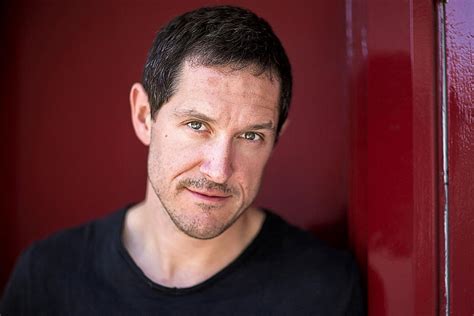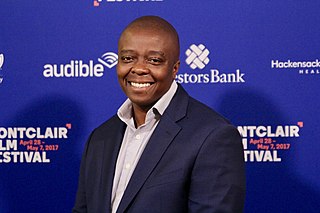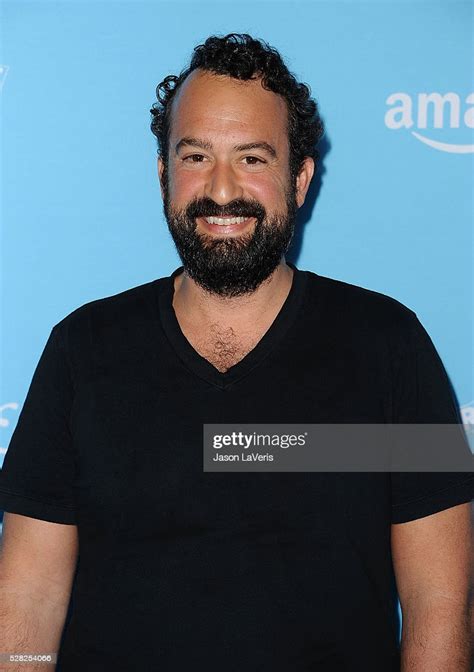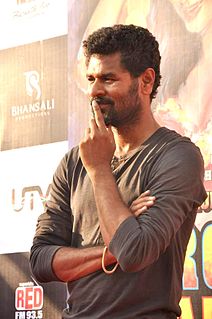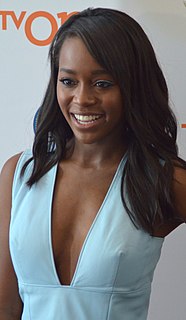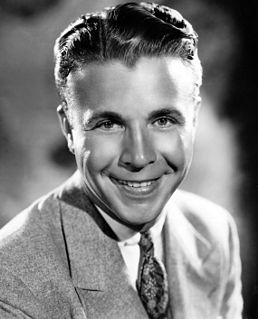A Quote by Bertie Carvel
The most amazing thing you can ask for as an actor from a director is that you're being seen, that the choices made are informed.
Quote Topics
Related Quotes
It would have been tough for anyone to adapt 'Push' - an amazing but wrenching novel by Sapphire - for the screen, and I think director Lee Daniels made interesting choices, particularly with Precious' fantasies. In my view, some of them work and some do not, but they are definitely provocative directorial choices.
I think the most important thing for an actor is reading the script and trying to figure out if you can play that character well. The last thing on my mind is if the director made good movies previously. It's not my job to know if that director's last movie was any good - it's my job to know if I can play the role.
I feel so lucky. When an actor that has been struggling for so long makes the transition into being an actor full-time, it is the most amazing feeling. It's just sort of like a 3,000-pound weight gets lifted from you, and you're able to mostly focus on just being an artist, which is an amazing, blessed luxury I have.
I'm the type of actor that believes the director has to be in charge. I've been on sets where the actor's ego was the most important thing, and with a director that messes it up. But I don't like a dictator, I want it to be collaborative - the best idea wins. If I feel respected, and I'm going to give that back. If a director wants to try something, cool, I'll give it back. I also feel like they cast me for a reason, so I'm going to make my mark on it... let me do my thing.
The director is the most important because, ultimately, as an actor, when you watch a movie, it looks like an actor is giving a performance, and they kind of are. But, what's actually happening is that an actor has given a bunch of ingredients over to a director, who then constructs a performance. That's movie-making.
Stepping out of the director's chair completely and into a scene as an actor was weird. It was more excitement about directing than anything, but I was on a high from being a director and enjoying that process so much that going back to being an actor was almost secondary because I really was loving directing.
To me, one of the most profound questions we can ask is: "So what?" And so what if there's an indefinite number of worlds with alternate "us-es" in them? The "so what," to me, comes alive when I ask myself: "What if I could find a way to get in touch with those alternate mes who made those choices?" That is, persons who, if I saw them now, I wouldn't even recognize because their choices, once small, have multiplied to make them such different people.
An improv artist's best instrument is their ability keep their antennae clean so they're able to receive what I call the connection to creativity. It's the thing that you see in any amazing moment that any human being is performing. Whether it's watching Michael Jordan navigating through all these attackers and then suddenly rising up and putting the ball in the most amazing way, or watching an actor on stage playing Shakespeare, but not thinking about the actor anymore or the stage or you or the chair, any of these kinds of moments of transcendence.
